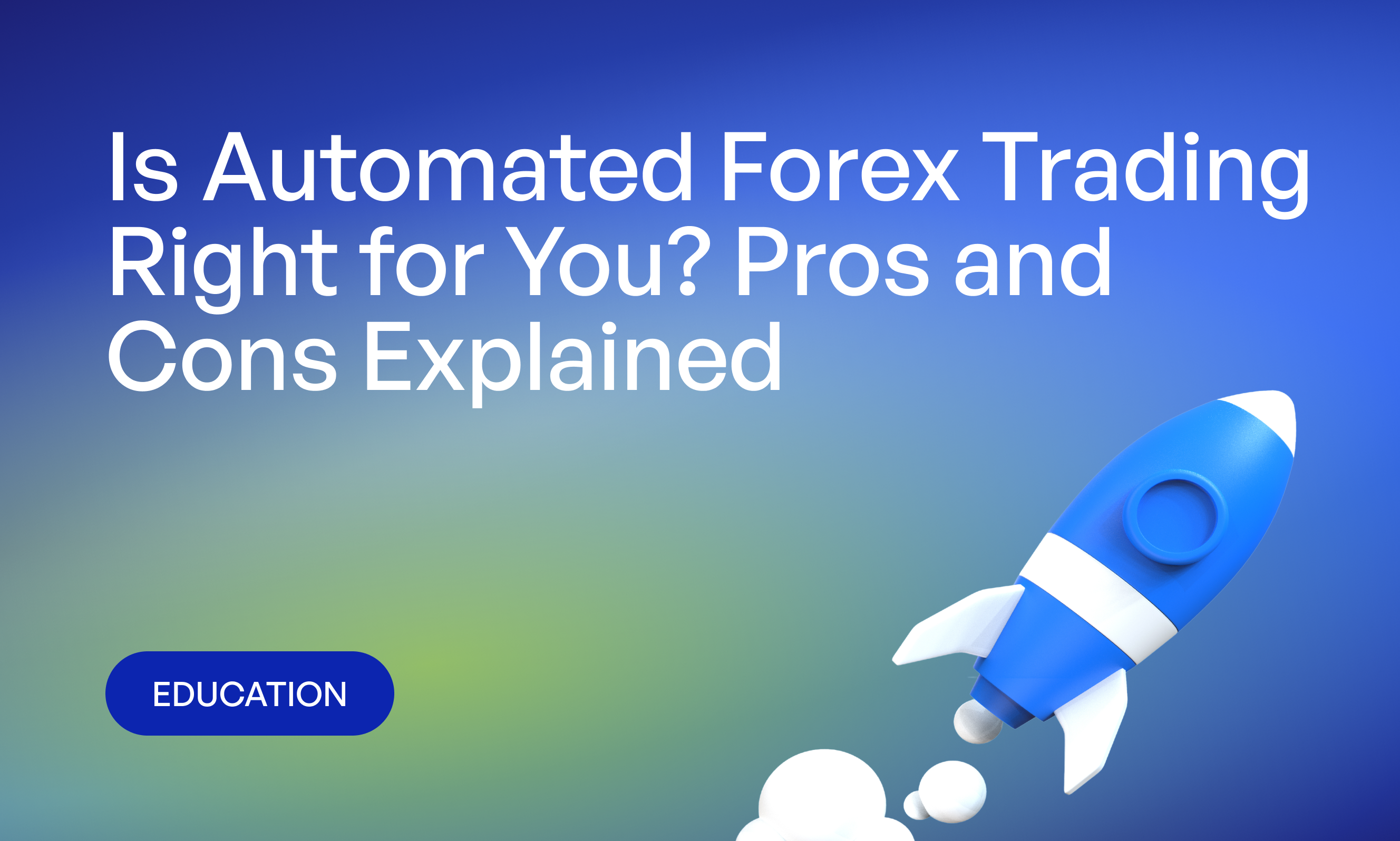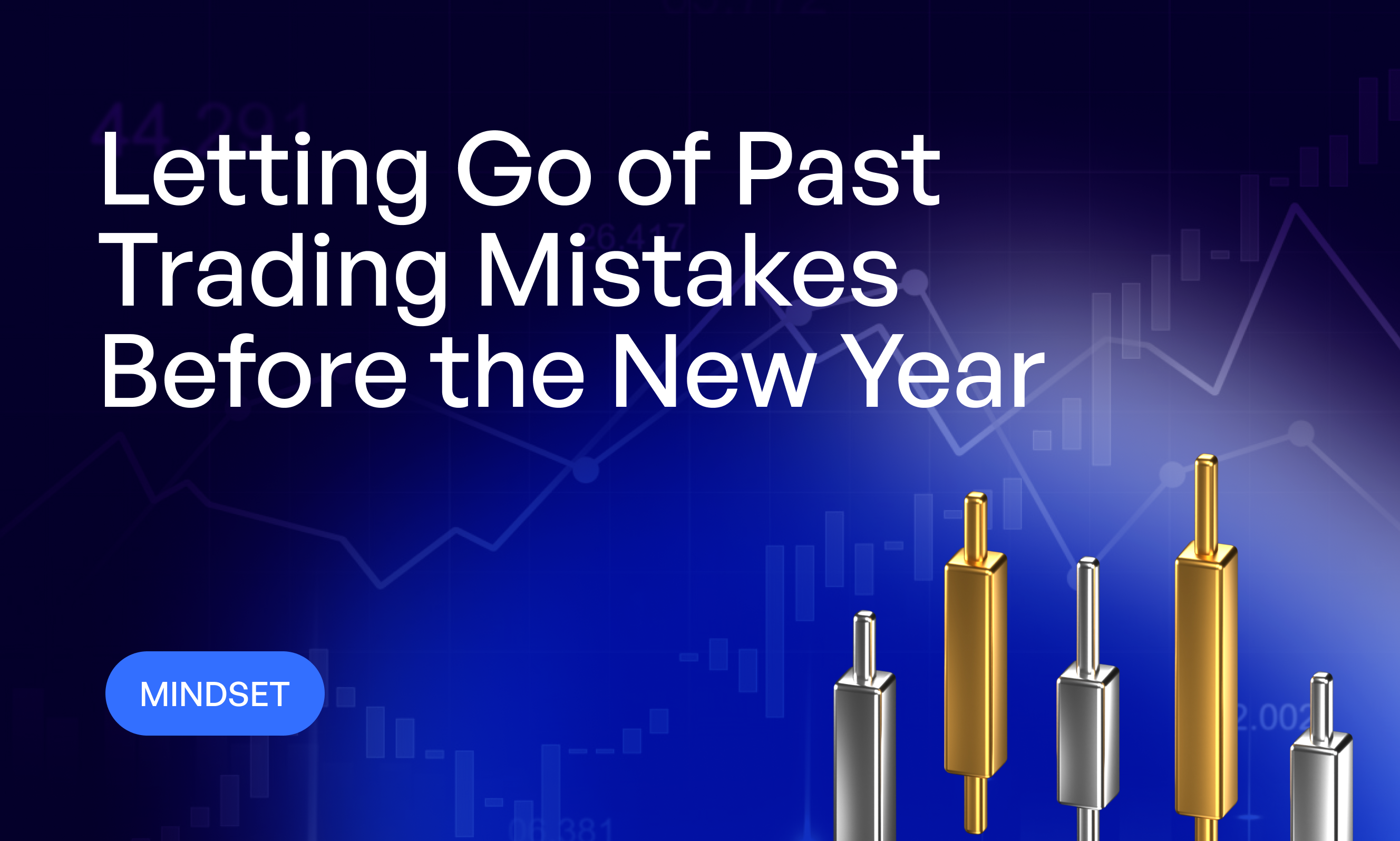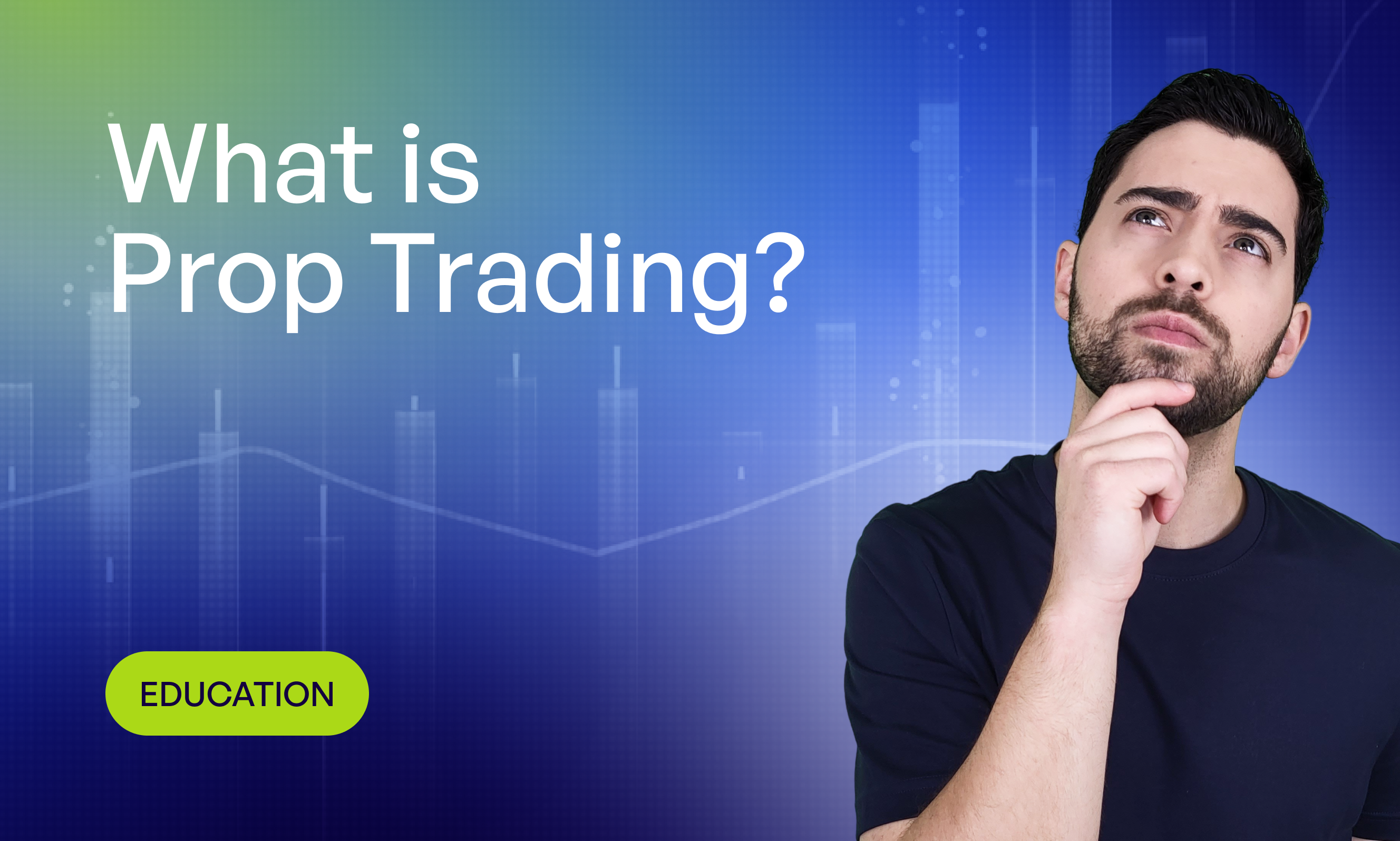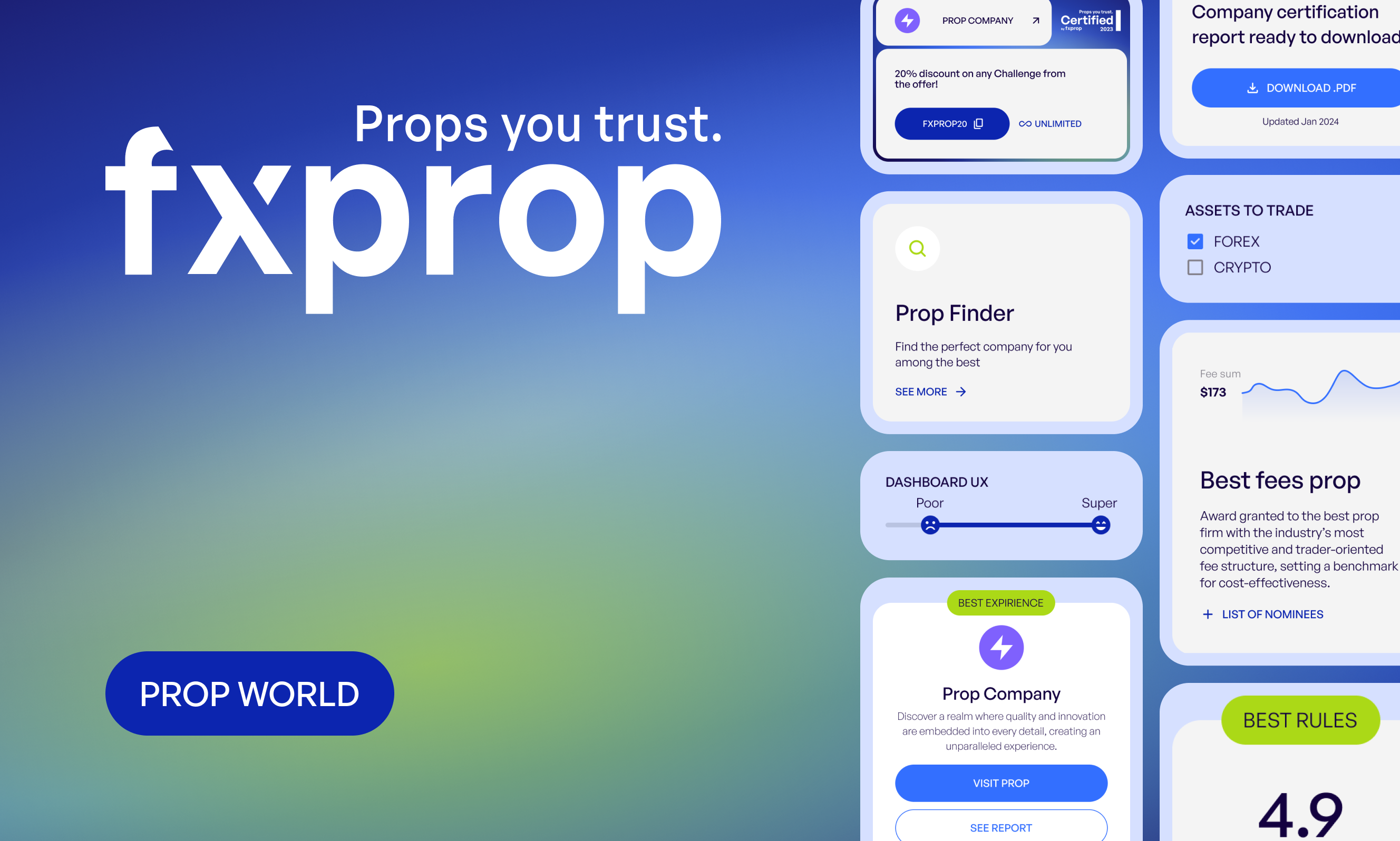
Is Automated Forex Trading Right for You? Pros and Cons Explained
Automated forex trading has gained immense popularity among traders of all experience levels. With the advent of sophisticated algorithms and software, traders can now execute trades with minimal manual intervention. However, like any trading strategy, automated trading comes with its own set of advantages and disadvantages. In this article, we explore the pros and cons of automated forex trading to help you decide if it’s the right choice for your trading style.
What is Automated Forex Trading?
Automated forex trading involves the use of trading software, often referred to as trading bots or Expert Advisors (EAs), to buy and sell currency in the FX marketplace. These systems are designed to analyze market conditions, identify trading opportunities, and execute trades based on predefined rules or algorithms.
How Does Automated Forex Trading Work?
Automated forex trading systems operate by executing trades based on specific instructions or algorithms set by the user. These instructions typically include rules for when to open and close trades, price levels to monitor, trade sizes, and risk management parameters like stop-loss and take-profit orders. Once the system is activated, it carries out these trades automatically.
It’s essential to note that the system doesn’t make independent decisions. The trader is responsible for defining the parameters and strategy. Your knowledge and skills are crucial in setting these rules correctly to align with market conditions and your trading goals. While the software handles execution, the success of automated trading depends significantly on the quality of the trader’s input.
Pros of Automated Forex Trading
1. Eliminates Emotional Trading
One of the most significant advantages of automated trading is its ability to remove emotions from trading decisions. Fear and greed, two of the most common pitfalls for traders, are eliminated when trades are executed automatically based on objective criteria.
3. Speed and Efficiency
Automated systems can analyze markets and execute trades far faster than a human trader. This speed can be crucial in the fast-moving forex market, where opportunities can arise and disappear within seconds.
5. 24/5 Trading
The forex market operates 24 hours a day, five days a week. Automated trading systems can monitor the market and execute trades at any time, even when you’re asleep or unavailable.
Cons of Automated Forex Trading
While automating your forex trades has its benefits, it’s important to approach it with realistic expectations and an understanding of potential drawbacks.
1. Lack of Adaptability to Changing Conditions
The forex market is one of the most dynamic and volatile financial environments, heavily influenced by global politics, economic news, and exchange rate fluctuations.
Although automated trading systems are designed to follow precise algorithms, they lack the ability to adjust to sudden or unforeseen market changes. This rigidity can lead to suboptimal trades during periods of high volatility or unexpected events, as the system cannot interpret or react to complex market dynamics the way a human trader can.
2. Absence of Nuance in Trading Decisions
While automated trading removes emotional bias from decision-making, it also lacks the intuition and subtlety that experienced traders bring to the table. Automated systems cannot interpret market sentiment, recognize patterns that fall outside of their programming, or adapt strategies based on emerging trends.
This lack of nuance can result in trades that fail to capitalize on opportunities or, worse, lead to losses due to an inability to account for shifting market dynamics.
3. Risk of Overtrading
Overtrading occurs when too many trades are executed in a short period, often resulting in diminished returns and increased exposure to risk. Automated systems, if not properly monitored, can inadvertently overtrade due to overly aggressive algorithms or poorly configured settings.
Overtrading can lead to higher transaction costs, violations of trading rules, and a loss of strategic discipline. Traders must remain vigilant and regularly review their automated systems to ensure they are not generating excessive or unnecessary trades.
Are Forex Automated Trading Bots a Good Fit for You?
If you’re considering automating some of your Forex trades, it’s important to understand that this approach isn’t suitable for everyone.
For traders who prefer to have full control over their decisions, using automated systems like bots or apps may not be appealing. Automation often removes the personal touch and involvement that many traders find rewarding, potentially diminishing the enjoyment of trading.
If you’re thinking about giving automation a try, here are some key points to consider:
- Select the Right Platform: Many trading platforms include Forex automation tools as part of their services. Be sure to choose one that offers strong customer support. Quick assistance with technical issues can save you significant time and frustration.
- Understand Your Trading Approach: Automated trading still requires a solid grasp of market principles and a defined strategy. Research thoroughly, decide on your approach, and configure your bot’s settings to align with your goals.
- Prioritize Risk Management: Regardless of whether you trade manually or automatically, risk is inevitable. Establish clear limits and adhere to them to protect your investments.
Automation can streamline your trading process, but it’s not a magic solution. Careful planning and a strong understanding of the market remain crucial for success.












